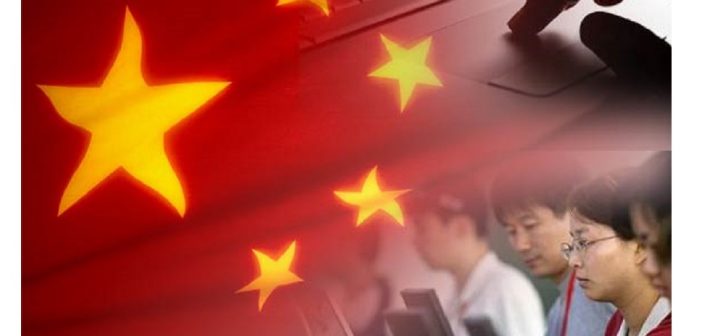In view of China’s status as a key engine for global growth, its recent slowdown has got international investors worried. As a result, several are putting their faith in algorithmic trading, which reduces the possibility of rash decisions based on psychological factors like fear.
Despite the fact China’s economy grew at an annual rate of 6.7 per cent in the first quarter of 2016 (which is slightly down from last year but still within the government’s targeted range) it remains in a precarious financial position. This doesn’t spell good news for Singapore, as its domestic market and strong links with China could lead to ongoing economic hardship in the future.
Gloomy predictions for the Singapore market
According to Australian bank ANZ, the slowdown in China will hit Singapore faster and harder than any other country in the region. In fact, ANZ economists estimate that just a one percentage point drop in China’s economic growth will drag Singapore’s economy down 1.4 per cent.
This is because of the open nature of Singapore’s local economy along with its trade, investment, and tourism links with China. If growth in China continues at a similarly slow rate in the coming months, businesses and jobs in Singapore could bear the brunt.
What’s more, DBS economist Irvin Seah thinks that Singapore’s domestic market isn’t big enough to act as a buffer in the face of weaker demand from China. “Singapore’s economy has been on a structural shift – getting more dependent on China – over the last 10 to 20 years,” he says. “It shouldn’t be surprising to anyone if Singapore is very badly affected.”
The strength of Singapore’s services exports
Even though HSBC also believes that the state of the Singapore market is heavily dependent on Chinese growth, it takes a more positive view on matters, shaving around half a percentage point off ANZ’s prediction.
On top of that, HSBC economist Joseph Incalcaterra feels as though Singapore’s saving grace could be the export of services to China. “The services sector (in Singapore) has very strong linkages with China,” he says. “In most countries, services are relatively insulated. Singapore’s manufacturing sector is already in recession, but domestic services are holding up relatively well.”
The additional impact of import demand
Along with slower growth, Singapore may also be adversely affected by Chinese import demand, which would worsen the country’s manufacturing recession. Ho Chee Hon, chief executive of lubricants and speciality chemicals maker AP Oil said the company ‘never had so many inquiries coming out of China in one year than in 2015’.
China is increasingly on the look out for cheaper industry alternatives, which has boosted sales opportunities for businesses like AP Oil. However, this still doesn’t make up for the weak yuan, which could have a more significant, long-term impact on the Singapore market.
“On the macro level, the devaluation of the yuan is a bigger issue,” Ho warns. “In terms of our investments (in China), a cheaper yuan can make our investment dollar stronger but, at the same time, our returns are affected.”




